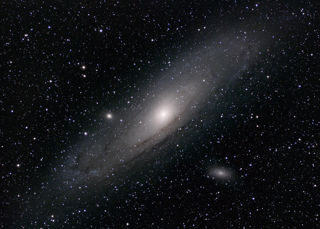
Russian Space Food – Candies
Russian Space Food – Candies
Cubes such as these were one of the earliest types of space food to be developed, along with tubes of pureed meals. They have been vacuum packed to keep them fresh. The cubes were eaten without adding water, so no preparation was needed and the cubes were eaten just as they are. They were “bite-sized” to help reduce the chance of creating crumbs. The cubes were often coated in gelatin to reduce crumbling even further. Crumbs can be very dangerous on board a spacecraft as they could clog vital equipment.This type of space food was used by both Russians and Americans in the early days of space travel. However, the Russians continued to use them for longer.
This example has the date 2 February 1999 printed on the front. The Russian word УТРО (UTRO), which is printed on the front next to the label 'candies', translates to 'Morning' - perhaps relating to the scheduled diet of cosmonauts aboard Mir.
Web resources
More information
Object number
2000-37
Location
Into Space Gallery
Has this object been into space?
No
Dimension - Dimension, Value, Measurement unit
Depth: 1cm
Length: 14cm
Width: 6cm
Material
Plastic
Food
Paper
Object Production Date
Late 1990s
Object Production Organisation
NPP Zvezda
Object Production Place
Russia
On Display Status
On display
Copyright and Photos
Photography is shared via the license below.
However, some objects on this website are on loan to the National Space Centre and are being shared through the permission of their owners.
Commercial use of images from this website is not allowed without additional permissions being granted. To request permission to use images for purposes not covered in the license below, please contact [email protected]
Individual objects on loan to the National Space Centre may have additional copyright permissions, so advice should always be sought before use.
![]()
This work is licensed under a Creative Commons Attribution-NonCommercial 4.0 International License.




